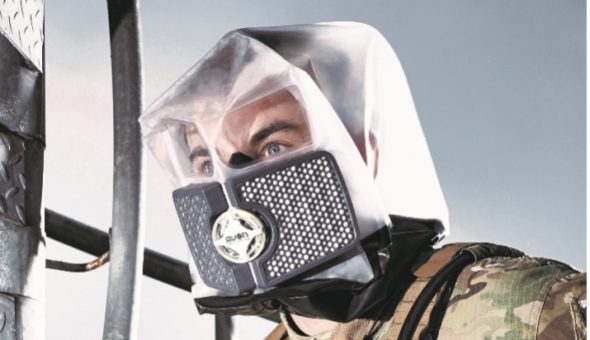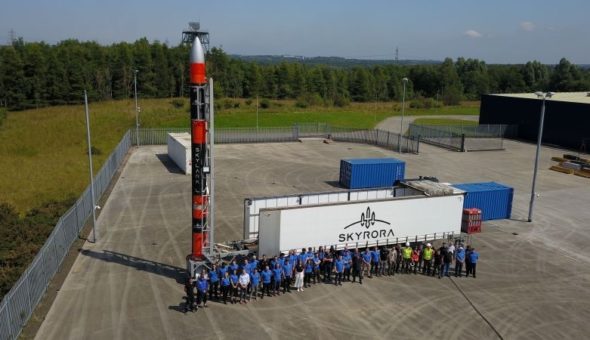In September 2019, final year PhD student Rob Baker went to ETH Zürich to do an internship in Andrew deMello’s research group. In his PhD, Rob makes highly fluorescent nanoparticles for solar cells and LEDs.
Rob tells us how, in the three months spent in Zurich, he went through many of the peaks and troughs that PhD students typically experience during their whole three-year PhD journey.
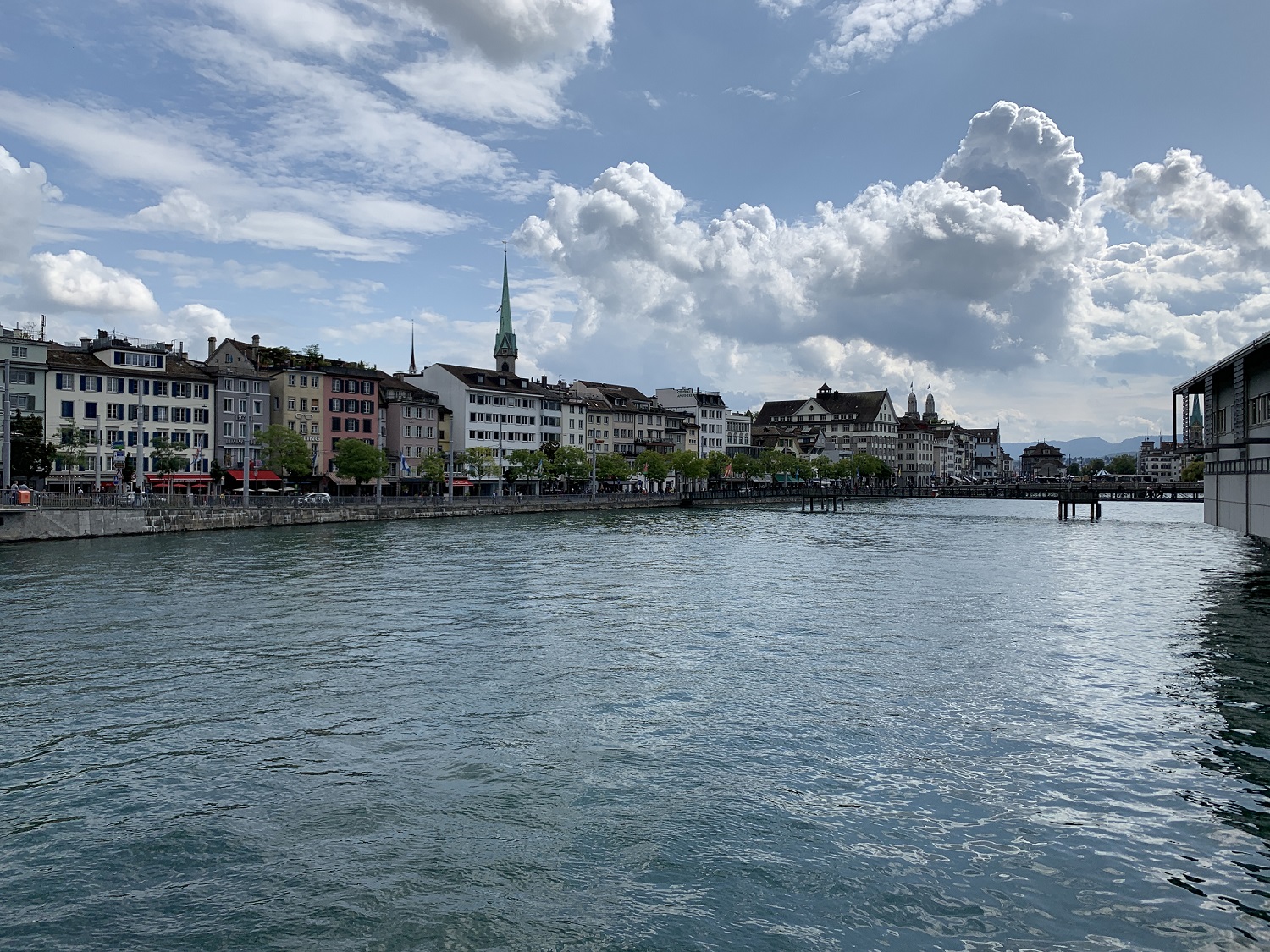 The deMello group are experts in microfluidics and nanoscale science. They develop microfluidic devices that can be used for various analytical applications, such as ultrasensitive optical detection techniques, nanoparticle synthesis and diagnostics.
The deMello group are experts in microfluidics and nanoscale science. They develop microfluidic devices that can be used for various analytical applications, such as ultrasensitive optical detection techniques, nanoparticle synthesis and diagnostics.
Since my research involves making highly fluorescent nanoparticle materials, the deMello group’s expertise and equipment was a perfect match for my research interests.
Looking back, the three-month internship felt very much like my experience of the PhD so far, except compressed into 1/12th of the time – somewhat like a speedrun, where competitive gamers try to complete a computer game in the shortest possible time using optimised strategies and shortcuts.
So, this internship was my very own PhD speedrun. Let me explain.
Level #1 (month 1) – Wide Eyed and Bushy Tailed
First of all, the speedrun, just like my PhD, began with moving to a new location and integrating into a new research group. The first week involved getting settled in to the new environment – finding where the supermarkets were, doing health and safety inductions and lab tours, and getting to know all the members in the group (and with 20+ people in the research group this was more difficult than it would be in the UK!).
After passing the health and safety tests, I began my research and quickly felt confident that the experience would be very productive, since I could easily do 30 or more reactions in a day rather than the one or two I would usually do in Bath. Collecting large amounts of data so quickly meant I needed to improve my Python coding skills to be able to keep up with the data analysis. High throughput experimental work and automating data analysis is a perfect combination for data collection, so my first month in Zurich reflected the first year of my PhD: early success in the lab, learning new skills, attending departmental talks, exploring the city and the surrounding area, and group socials involving masses of melted cheese called Raclette.
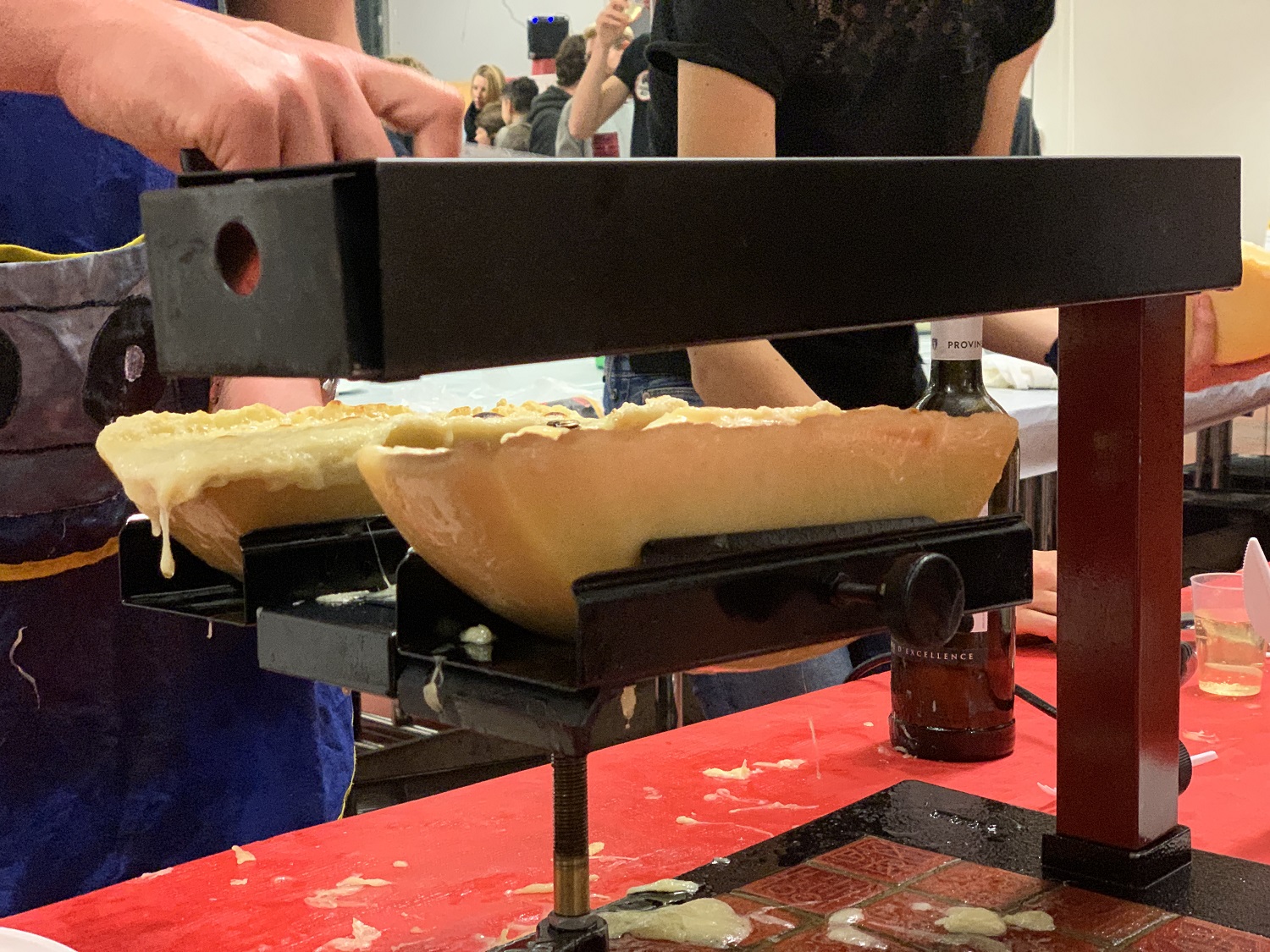
Level #2 (month 2) – The Blues
But after the first year comes the second which, as PhD students and supervisors know, is often characterised by the ‘second-year blues’.
The novelty of being in a new place started to wear off, progress in the lab began to stall, and I missed my daily routine and my family and friends back home. The expense of Switzerland dampened my spirits as well – going out to enjoy myself or travel the country was always made worse by everything being twice as expensive as the UK (a medium black coffee in Starbucks was £5.30 for example).
So, the second month took my back to my own ‘second-year blues’, which I originally experienced in early 2019.
Level #3 (month 3) – Race to the Finish
In my third and final ‘year’ of the speedrun, I experienced an upturn.
My supervisor in Bath, Petra Cameron, realigned my focus and I started to make progress again. The results started to come in thick and fast, helping to form a chapter of my thesis (and hopefully a paper). A push in my research work helped me turn the tide, and a visit from my CSCT friends Megan and Liana really brightened my mood. I took them around Zürich and we visited Basel and Lucerne.
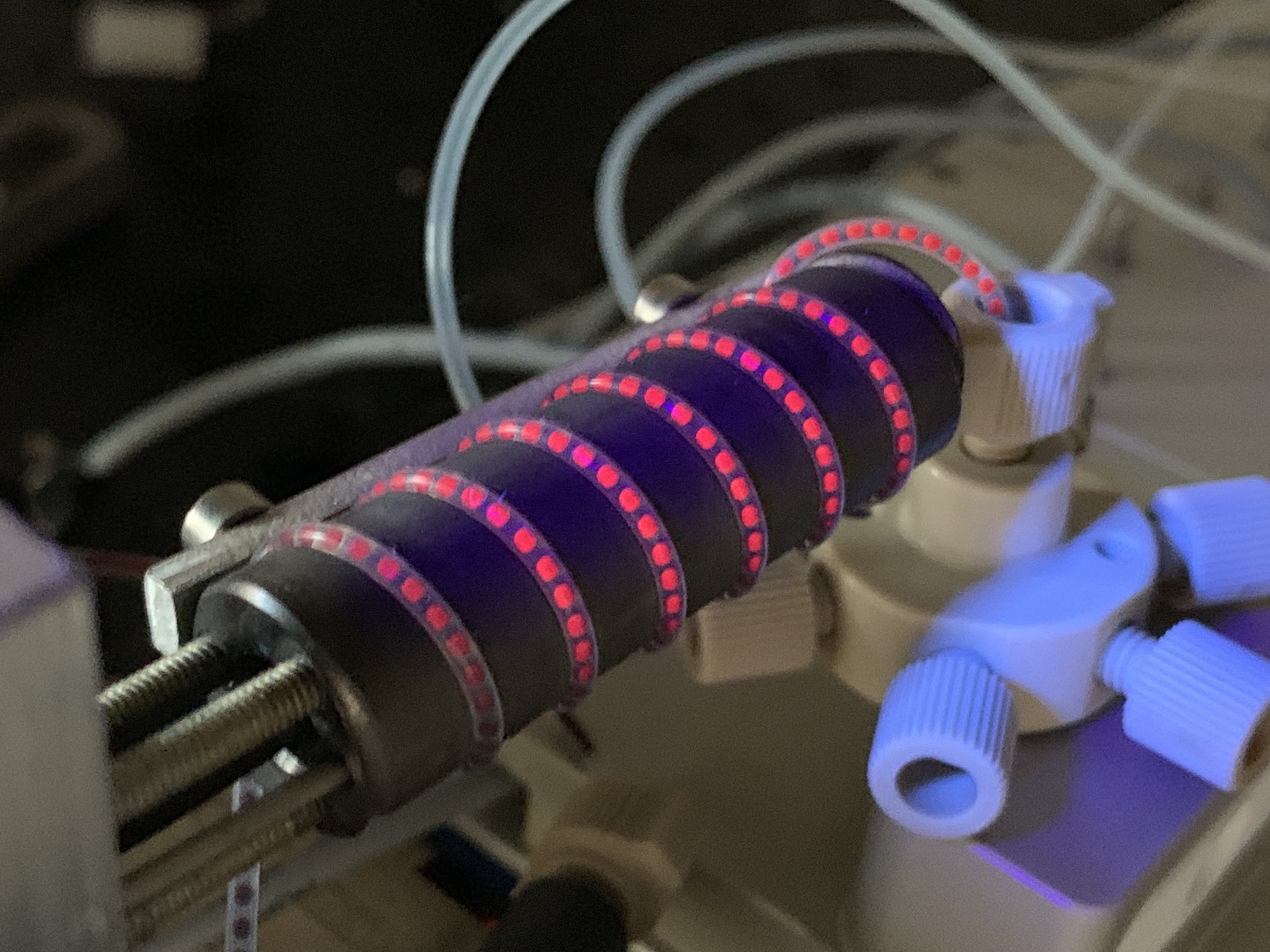
The internship was a fantastic opportunity, both professionally and personally.
Professionally, I was able to collaborate with some new contacts and gain more experience in my field. This has made me surer than ever of the direction I would like to take in future, continuing to research energy materials and process development.
Personally, the experience was a chance to step away from Bath and the daily grind of the PhD for a while and reflect. Realising how important my close support network (family, friends) is, and deciding which things I really value in my life and future, were valuable outcomes that I wouldn’t have had if I had stayed in Bath.
Since I am still in my final year, I hope the speedrun will now give me an insight of what to expect in the coming few months – everything coming together in the end and an all-out sprint to the finish!
I would like to thank Professor Andrew deMello for inviting me to his research group and Dr Philip Howes for supervising me during the visit. The deMello’s group is a truly welcoming group of international researchers who always made me feel at home. I would also like to thank the CSCT and the Bath Doctoral College support fund which helped fund my accommodation, food and transport for my stay.
Respond


